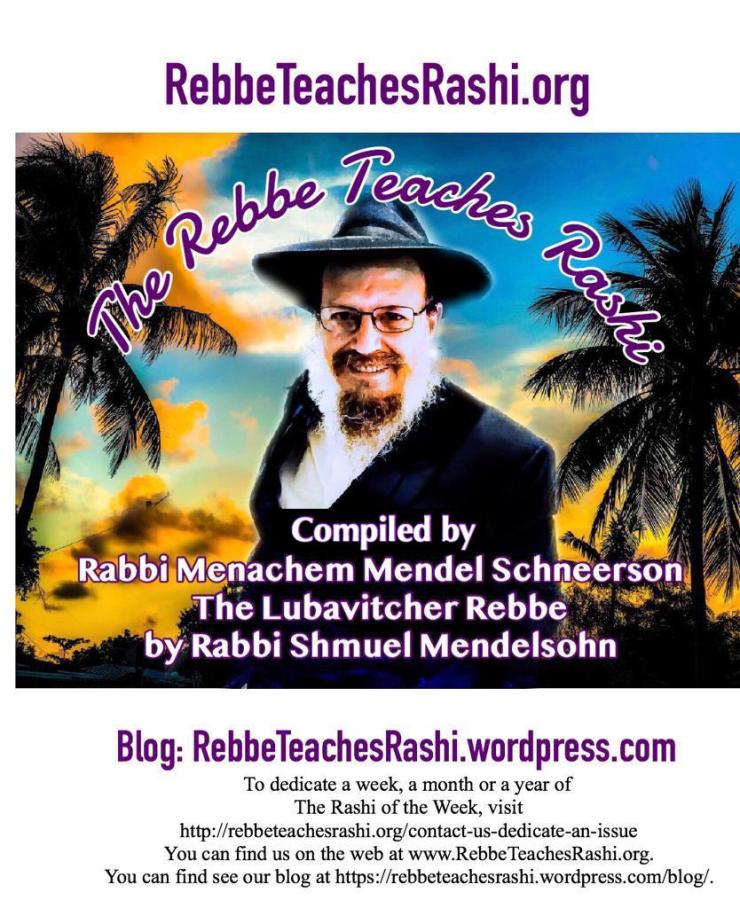Click here for a printable version.
This week’s Parshah, Vayigash, we find a continuation of the story we began reading several weeks ago. At the beginning of our Torah portion, Yehudah confronts Yosef (who he still believes to be the ruler of Egypt). Yosef reveals himself to his brothers, who had sold him into slavery twenty-two years earlier. Despite this, he treats them kindly, and they share an emotional reunion.
The most emotional of all was between Yosef and his younger brother Binyomin. The Torah tells us that when they met[1], Yosef “… fell on his brother Binyomin’s neck and wept, and Binyomin wept on his (Yosef’s) neck.”
Why did each of them cry? We might think that it was because of the long-overdue reunion. Rashi explains, however, that there was a deeper reason. Yosef wept on Binyomin’s neck, “For the two sanctuaries which would be in Binyomin’s territory and would ultimately be destroyed.” Binyomin wept on Yosef’s neck, “For the Tabernacle – Mishkan of Shiloh, which was destined to be in Yosef’s territory, but would ultimately be destroyed.”
Each prophetically saw that Hashem’s dwelling place would be constructed in the other’s territory yet would be destroyed. Each was crying for the tragic destruction which would take place in his brother’s portion of the Land of Israel.
We need to understand why Yosef wept over the destruction in Binyomin’s territory, and Binyomin cried over the devastation in Yosef’s territory. Why didn’t each cry over the destruction in their territory? The destruction of G-d’s Palace is indeed something that would bring one to tears!
To understand this, we need to understand the idea of crying. Tears have the power to ease the pain of the one who is crying, and they can console him. However, they do not correct the cause of the crying.
Yosef did not cry about the destruction in his territory. He worked at doing something about it! The same is true of Binyomin. However, their great brotherly love for each other brought them to tears for each other’s loss.
The same is true of ourselves. When we see a problem that we can correct, we must do something immediately—crying and sighing is not enough. However, we must have the greatest sympathy for an issue that concerns a friend, whether or not we can help.
I wish one and all a wonderful Shabbos!
Rabbi Shmuel Mendelsohn
DEDICATED IN HONOR OF THE LUBAVITCHER REBBE
IN LOVING MEMORY OF
DR. MINDEL RIVKA (MURIEL) BAS REB MENACHEM MENDEL SHLOMO ע”ה STITT
PASSED AWAY ON SHABBAT PARSHAS LECH LECHA, 10 MAR-CHESHVAN, 5782
MAY HER SOUL BE BOUND IN THE ETERNAL BOND OF LIFE
IN HONOR OF
The Soldiers of Tzivos Hashem Chaim and Aiden Oded שיחיו Morris
DEDICATED BY THEIR PARENTS
Rabbi & Mrs. Menachem M. and Chaya Mushka שיחיו Morris
[1]. Our Parshah, Bereishis 45:14.

